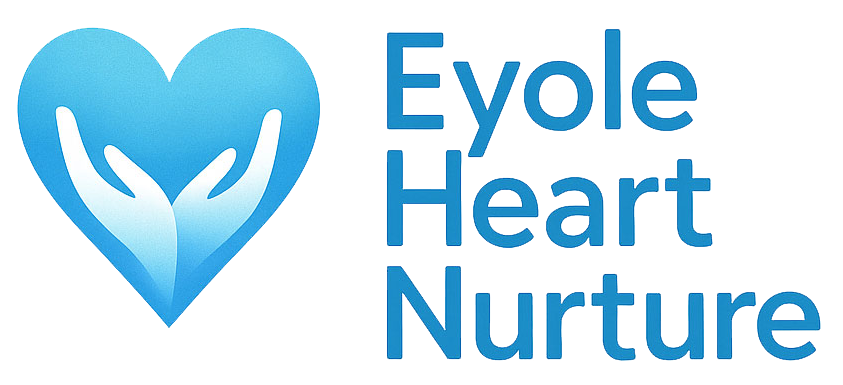Imagine struggling with a persistent cough that just won’t go away. You’ve tried all the usual remedies, but it lingers, especially at night, making sleep difficult and leaving you fatigued. For many people, this persistent cough isn’t just a cold or allergy, it could be a cardiac cough, a symptom of underlying heart problems.
Meet Kelly, who experienced this exact issue. Her cough was dry, persistent, and worsened when lying flat. Along with occasional breathlessness and swelling in her ankles, it prompted her to seek medical advice. Her diagnosis revealed cardiac cough linked to congestive heart failure (CHF), a condition where the heart struggles to pump blood efficiently, causing fluid buildup in the lungs.
What Is Cardiac Cough?
Cardiac cough is a dry or sometimes wet cough caused by fluid accumulation in the lungs due to heart conditions. Unlike a typical cough caused by a cold or allergies, cardiac cough may occur due to fluid buildup in the lungs when the heart is unable to pump effectively.
Signs and Symptoms of Cardiac Cough to Recognize
- Persistent dry cough, often worse when lying down or at night
- Shortness of breath or wheezing
- Fatigue and extreme tiredness
- Swelling (edema), particularly in legs, ankles, or face
- Tightness in the chest or discomfort
- Cough producing white or pink-tinged phlegm in some cases
How to Get Rid of Cardiac Cough?
The key to managing a cardiac cough is treating the underlying heart condition:
- Medical Treatment:
Doctors may prescribe medications to improve heart function, reduce fluid retention, and manage blood pressure. This can significantly reduce coughing. - Lifestyle Adjustments:
Elevate the head while sleeping to reduce fluid build-up in lungs, reduce salt intake to help control swelling, and maintain a heart-healthy diet. - Regular Monitoring:
Follow-up tests including ECG, echocardiograms, and blood pressure monitoring help manage the condition effectively. - Avoid Cough Suppressants Without Advice:
Standard cough medicines typically don’t help cardiac cough. Always consult your healthcare provider.
Next Steps
At Eyole Heart Nurture, we believe blending modern science with spiritual wisdom helps guide a heart-healthy life.
“Above all else, guard your heart, for everything you do flows from it.” — Proverbs 4:23 (NIV)
Frequently Asked Questions
How Does a Cardiac Cough Sound?
It is usually a dry, hacking cough without mucus, sometimes sudden and ticklish. In more severe heart failure, patients may cough up white or pink frothy sputum.
Three Early Warning Signs Your Heart Is Failing:
- Increasing shortness of breath
- Persistent fatigue without obvious cause
- Swelling in feet or abdomen
Difference Between Cardiac and Normal Cough:
Cardiac cough is typically dry, position-dependent, associated with heart symptoms, and doesn’t improve with cold remedies. Normal coughs often follow infections and produce mucus..
Does Sleeping Position Affect Cardiac Cough?
Yes. Lying flat worsens cardiac cough due to fluid redistribution in lungs. Elevating the upper body during sleep helps reduce coughing.
What Cough Medicine is Good for Cardiac Cough?
There is no specific cough medicine for cardiac cough; treatment focuses on heart condition management. Always seek medical advice.
Tests Done for Cardiac Cough:
- ECG (electrocardiogram)
- Echocardiogram
- Chest X-ray
- Cardiac MRI
- Blood tests assessing heart and kidney function
Can heart disease cause coughing?
Yes, coughing can be a symptom of various heart conditions, particularly congestive heart failure.
Fastest Home Remedy for Cough:
Natural remedies like honey, ginger tea, and warm lemon water may soothe a cough. However, persistent cardiac cough requires medical attention.





